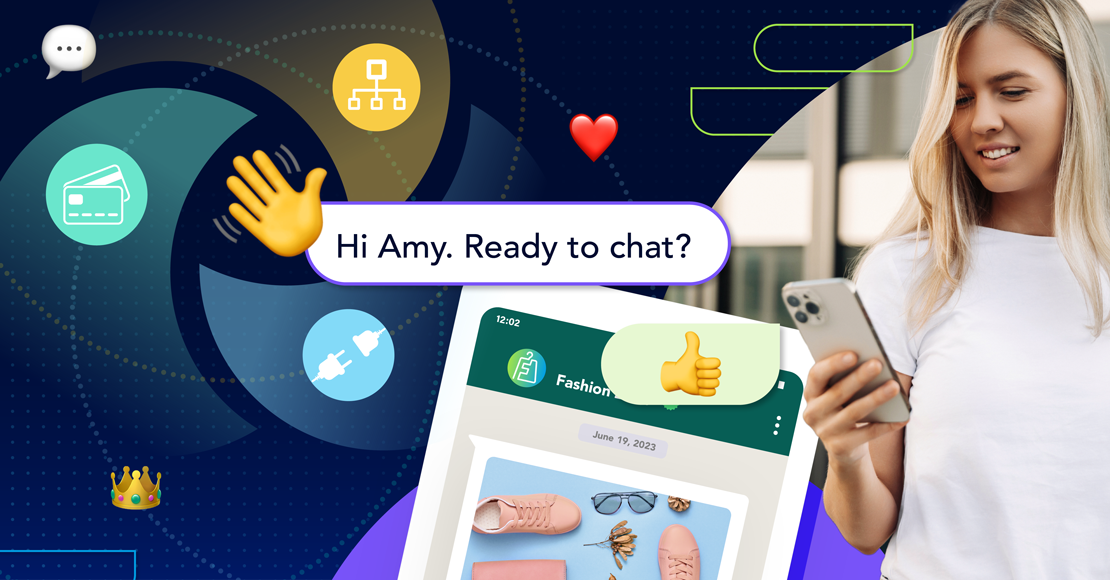
Lessons software developers can learn from!
If you're a software developer, you are probably somewhere in-between mildly intrigued and a die-hard fan of HBO's latest show, Silicon Valley. Just as advertising folk was scrutinizing Mad Men and House of Cards is the ultimate exposé of the political arena, Silicon Valley aims to show you a real insight into the tech world as you follow the lives of Richard, Ehrlich and the team at fictional app start-up, Pied Piper. Is it realistic? Well, that's a post for another day. What it can claim is to be quite a useful guide into getting it right (or very, very wrong) when building your first app and running your first start-up company. While many software developers dream of being the next Sergey, Larry, and Steve, they can't simply rely on IT skills to create a functioning business. From monetizing your app to excellent customer service, there are many lessons to be learned along the way.
Here are 5 lessons for software developers we've gathered from Silicon Valley:
Keep thinking bigger
When the Pied Piper was originally created, it was aimed at songwriters to help them find out if their work infringed on copyrights. A music-streaming app would've had a limited target market and reach but by focusing on the big money maker - the app's powerful compression algorithm - the creators were suddenly looking at a six-figure offer. Like Gavin Belson says: "If we can make your audio and video files smaller, we can make cancer smaller. And hunger. And AIDS." Dream big.
Lesson: While you are working on your app, take the time to blue-sky alternatives or expansions. Stretch possibilities and parameters. If, for example, your app is aimed at busy moms, think of how it will be used by retired men. What if it had geo functionality? Appealed to the trade? What if it was transactional? What else can it solve simultaneously?
Deliberately turn it on its head and you might be surprised at what you'll discover.
Trust user feedback
Constant testing is probably the most important lesson of all. Don't be afraid of user feedback, however vicious it may be. The Pied Piper team received a lukewarm response on their first edition and decided to create a SaaS model with a "compression cloud" solution that would cover a wider user base which proved to be much more lucrative.
Lesson: User testing can not only improve your user experience and functionality but also query the viability of your app. It streamlined the Pied Piper offering to a powerful, coveted algorithm.
Don't fear the competition
As the app market becomes more and more saturated, fresh ideas are becoming fewer and fewer. Don't let that put you off. Even when Hooli presented their reverse-engineered copycat version (Nucleus) at the TechCrunch Disrupt event, seeming to get the idea out first, the Pied Piper team coded through the night, presented a simplified idea (on a piece of paper!), which outperformed Nucleus and was applauded by the industry.
Lesson: Never throw in the towel. Even if there is one or many competitor apps on the market, focus on yours and how to make it the very best it can be. An app is never ever done. For example, music discovery application Shazam started a text messaging service that would identify music many years before smartphones came to market. Since 1999, it has adapted its services to keep up with the times.
Excel at customer service
An app is a service or commodity just like anything else. If you were selling bread, you'd regularly offer customers tasters or discounts on different kinds of bread, or ask their opinions of new recipes. If you ever run out of one flavor, you'd immediately let them know.
Similarly with an app, the one with the best user experience and support will win customer loyalty. Where you need to excel is convenience, real-time updates and message automation.
Lesson: While the guys at Pied Piper are finessing their application, they should look into adding customer care functionality into their app, for example push notifications, SMS alerts with a reply, easy in-app support and more.
Learn from the greats
Richard, the owner of Pied Piper, was offered a $10 million buyout for his startup by Hooli CEO Gavin Belson. He decided instead to take less funding from a VC who offered to help grow his idea. Obviously, this makes for better TV - option one would've given us maybe two episodes and that's it! But also, one can learn from this that mentorship comes in many shapes and forms.
Lesson: Don't be shy to lean on those with more experience than you and to gain (free) insights. Ours is an industry where people love giving back and sharing learnings and wisdom. Building an app is like building a house. You need to put a lot of thought into every single aspect of the construction and final experience. If you take one thing from this article let it be this - focus on every aspect of user experience and customer service. If you get that right, you will have a competitive edge. For more ideas on how other software developers are integrating SMS into their applications, download our 101 uses for the SMS guide.
Explore other articles
Step into the future of business messaging.
SMS and two-way channels, automation, call center integration, payments - do it all with Clickatell's Chat Commerce platform.








